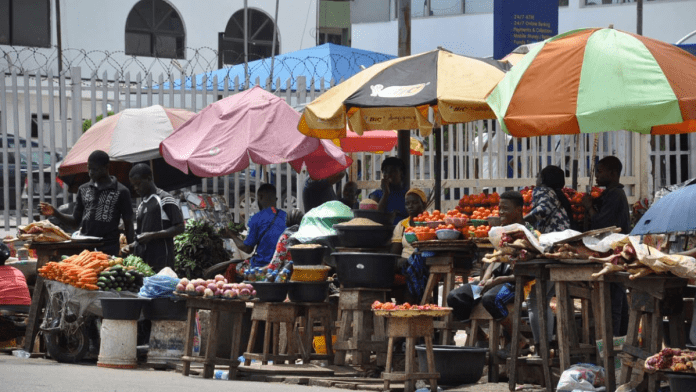News in brief: The World Bank’s biannual Food Security Update report for July 2023 highlights high food inflation worldwide, affecting low- and middle-income countries. Food prices have surged, especially for maize and wheat, while rice prices remain stable for now.
The World Bank, in its biannual Food Security Update report for July 31 2023, notes high food inflation around the world. It based its conclusions on available data between February and May, showing high food prices in most low- and middle-income countries.
Inflation figures were put at 5% in 63.2% of low-income countries, 79.5% of lower middle-income countries and 67% of upper middle-income countries. Additionally, 78.9% of high-income countries are experiencing high food price inflation.
Countries most impacted by high food price inflation are in Africa, North America, Latin America, South Asia, Europe and Central Asia. Overall, food price inflation exceeded overall inflation in 80.1% of 166 countries studied.
Food commodities that saw higher prices within two weeks since the financial institution’s last report, include maize and wheat, which rose by 12% and 14%, respectively. Price of rice, however, remained generally stable, at least for now, until the effects of recent trade policy changes starts to appear.
The report also indicates that on a year-on-year basis, while maize and wheat prices were 15% and 17% lower, rice prices has surged by 16%. When compared to January 2021 prices, maize, wheat and rice prices have increased 8%, 11% and 3%.
The withdrawal of Russia from the Black Sea Grain Initiative, made minimal impact in global market with regards to prices. The bank notes that the global commodity markets were still relatively favourable despite the move.
It observed that there had been improved wheat production in countries like Canada, Kazakhstan and Turkey. Although, for maize, production forecasts for 2023 remain nearly unchanged, while rice and soybean forecasts experienced marginal adjustments.
Global hunger, measured according to prevalence of undernourishment, remained relatively unchanged from 2021 to 2022, the World Bank said. However, it is still significantly higher than before the pandemic levels.
It further notes that urbanisation is driving changes in agrifood systems, presenting challenges and opportunities. Challenges include availability of cheap, energy-dense, unhealthy foods, and limited availability of fruits and vegetables. Others are exclusion of small farmers from formal value chains, and loss of land and natural capital due to urban expansion. On the other hand, urbanisation provides opportunities for income generation, expanded food value chains, and access to nutritious foods for farmers.
The report adds that following Russiaâs invasion of Ukraine, trade-related policies imposed by countries have surged. As of June 5 2023, 20 countries have implemented 27 food export bans, and 10 have implemented 14 export-limiting measures. These countries have put food trade restrictions in place to increase domestic supply and reduce prices have partially worsened the global food crisis.
The World Bank remarks that it has achieved its target of making $30 billion commitment for food and nutrition security response. Between April to December 2022, its food and nutrition security commitments in new lending passed $12 billion. Almost half of that figure has been devoted to Africa, which is one of the hardest hit regions during food crisis.
In May 2023, the World Bank Group and the G7 Presidency co-convened the Global Alliance for Food Security, which aims to catalyse an immediate and concerted response to the unfolding global hunger crisis. The Alliance has developed the publicly accessible Global Food and Nutrition Security Dashboard, which provides timely information for global and local decision-makers to improve policy and financial response coordination.



